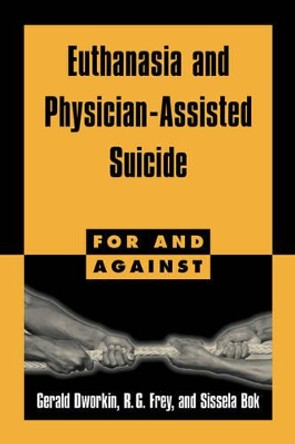Description
Unlike Nazi medical experiments, euthanasia during the Third Reich is barely studied or taught. Often, even asking whether euthanasia during the Third Reich is relevant to contemporary debates about physician-assisted suicide (PAS) and euthanasia is dismissed as inflammatory. Physician-Assisted Suicide and Euthanasia: Before, During, and After the Holocaust explores the history of euthanasia before and during the Third Reich in depth and demonstrate how Nazi physicians incorporated mainstream Western philosophy, eugenics, population medicine, prevention, and other medical ideas into their ideology. This book reveals that euthanasia was neither forced upon physicians nor wantonly practiced by a few fanatics, but widely embraced by Western medicine before being sanctioned by the Nazis. Contributors then reflect on the significance of this history for contemporary debates about PAS and euthanasia. While they take different views regarding these practices, almost all agree that there are continuities between the beliefs that the Nazis used to justify euthanasia and the ideology that undergirds present-day PAS and euthanasia. This conclusion leads our scholars to argue that the history of Nazi medicine should make society wary about legalizing PAS or euthanasia and urge caution where it has been legalized.
About the Author
Sheldon Rubenfeld is clinical professor of medicine at Baylor College of Medicine.
Daniel P. Sulmasy is Andre Hellegers professor of biomedical ethics in the departments of medicine and philosophy and acting director of the Kennedy Institute of Ethics at Georgetown University.
Book Information
ISBN 9781793609496
Author Sheldon Rubenfeld
Format Hardback
Page Count 358
Imprint Lexington Books
Publisher Lexington Books
Weight(grams) 739g
Dimensions(mm) 227mm * 163mm * 28mm








